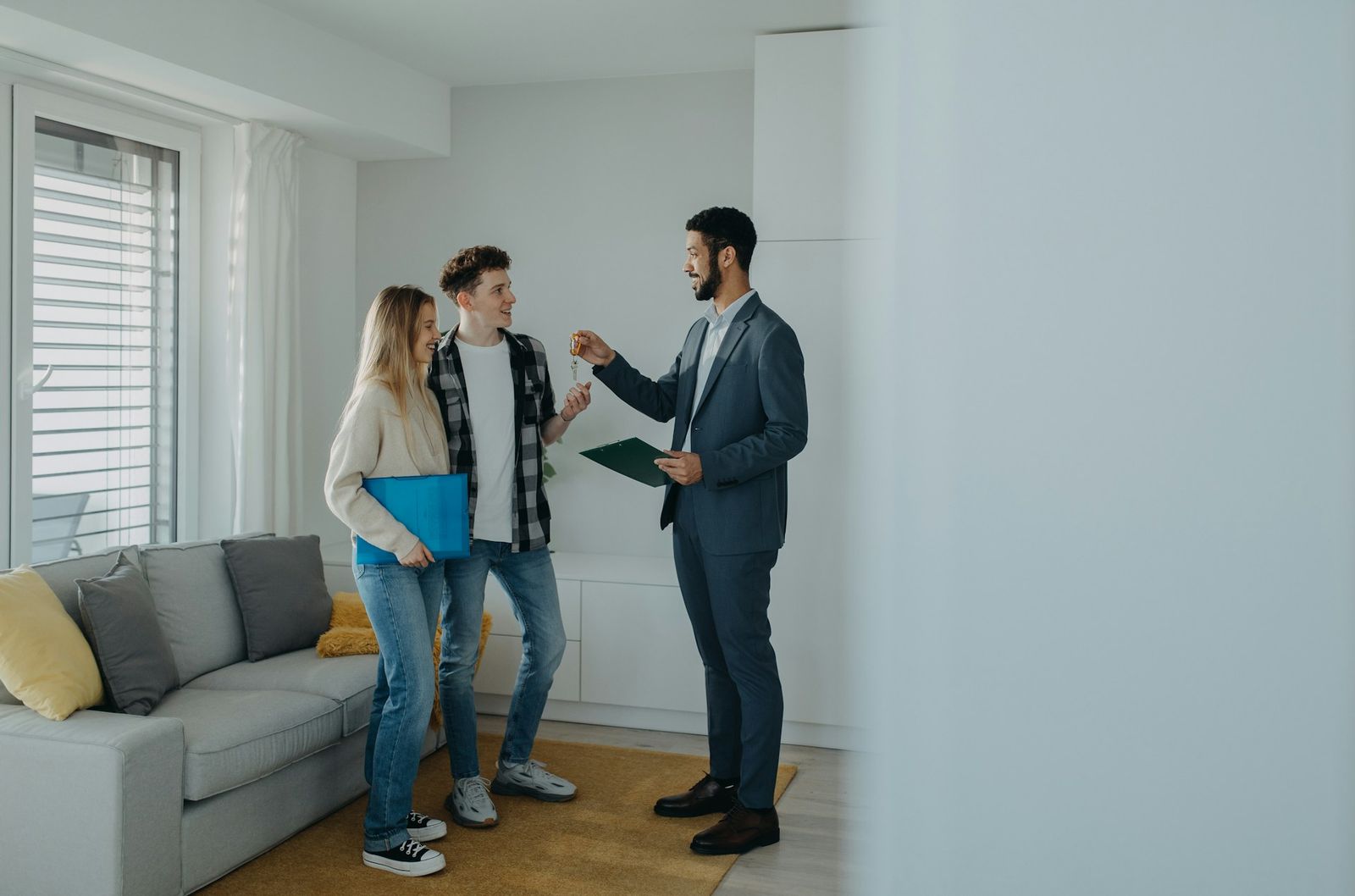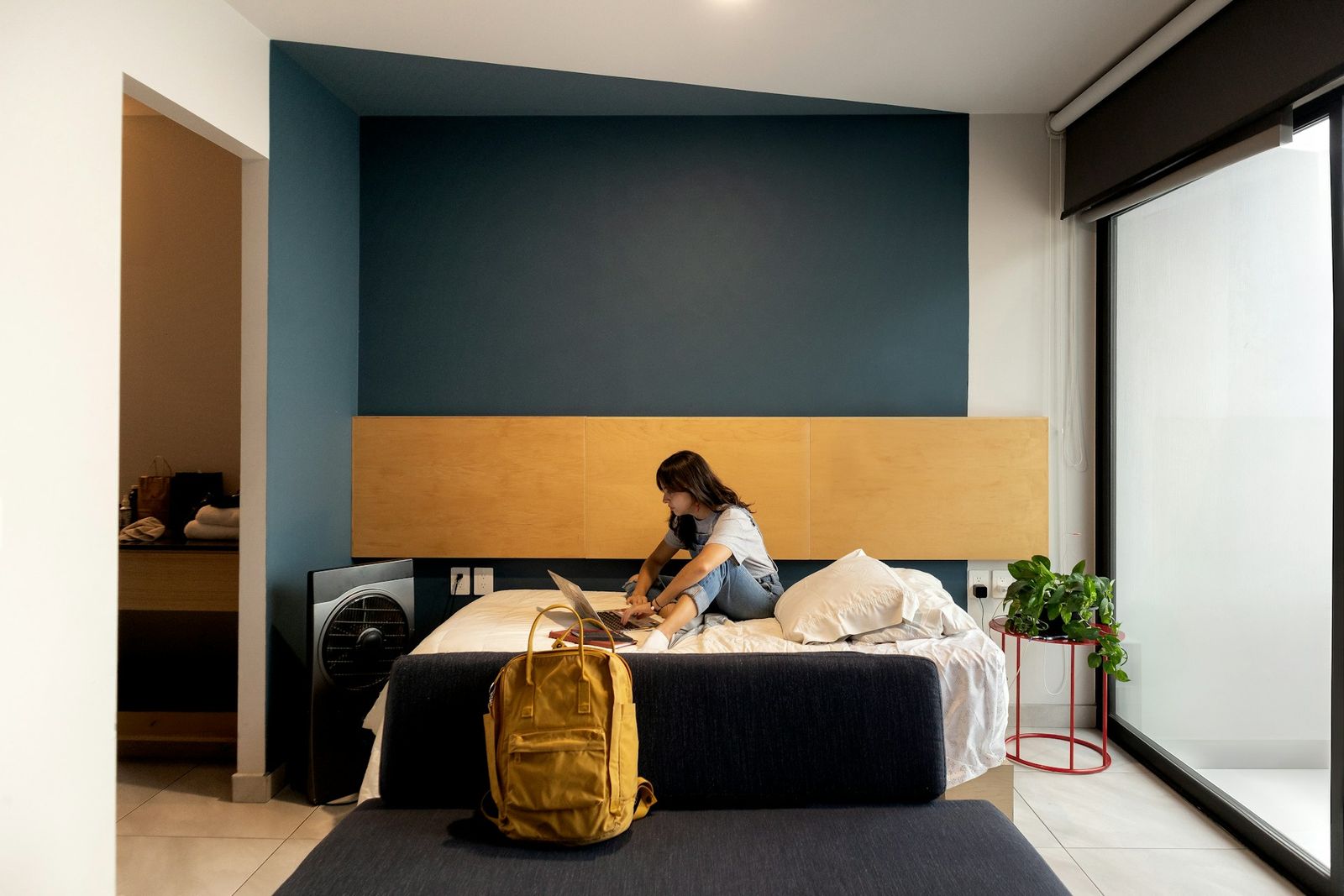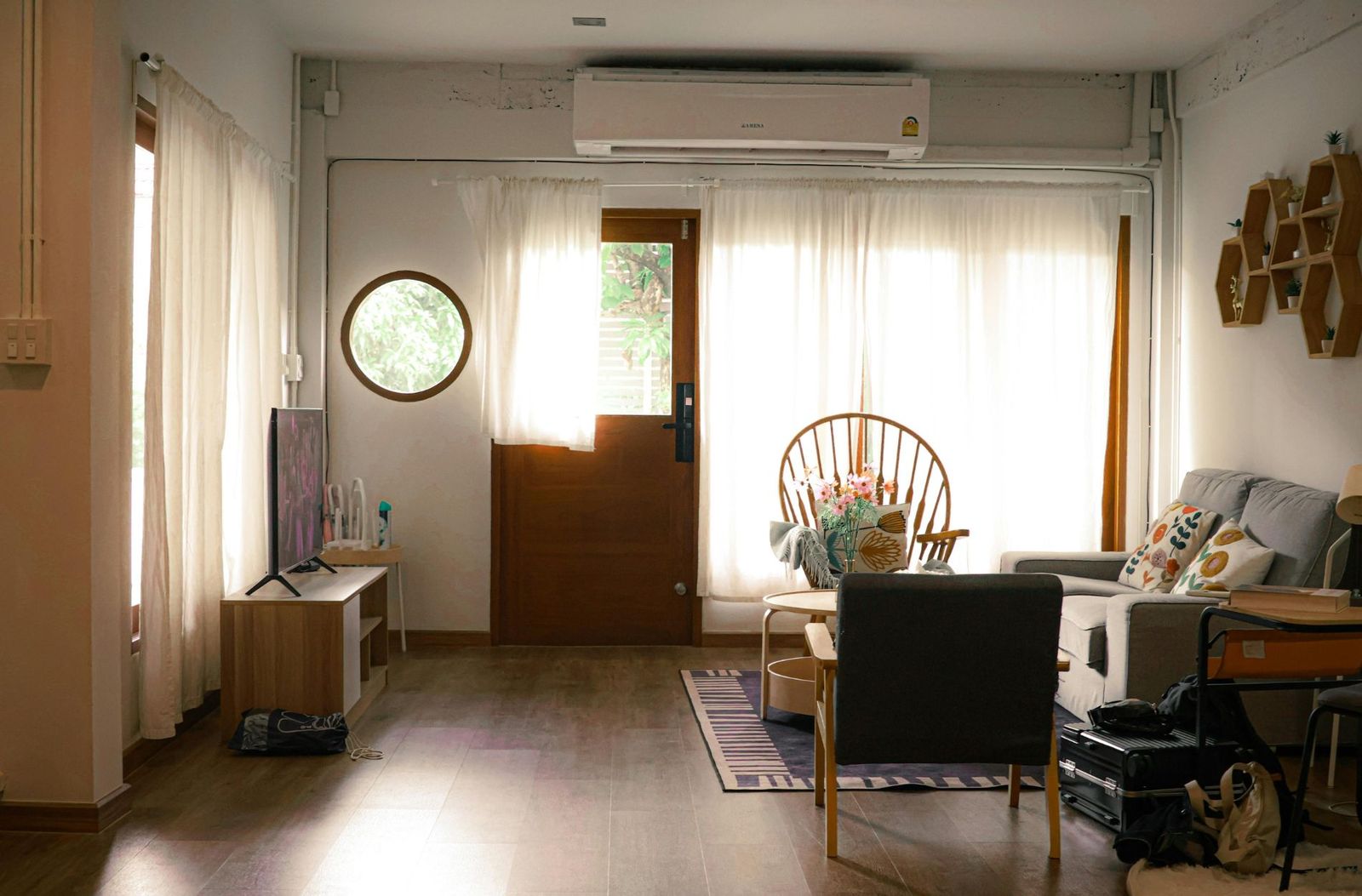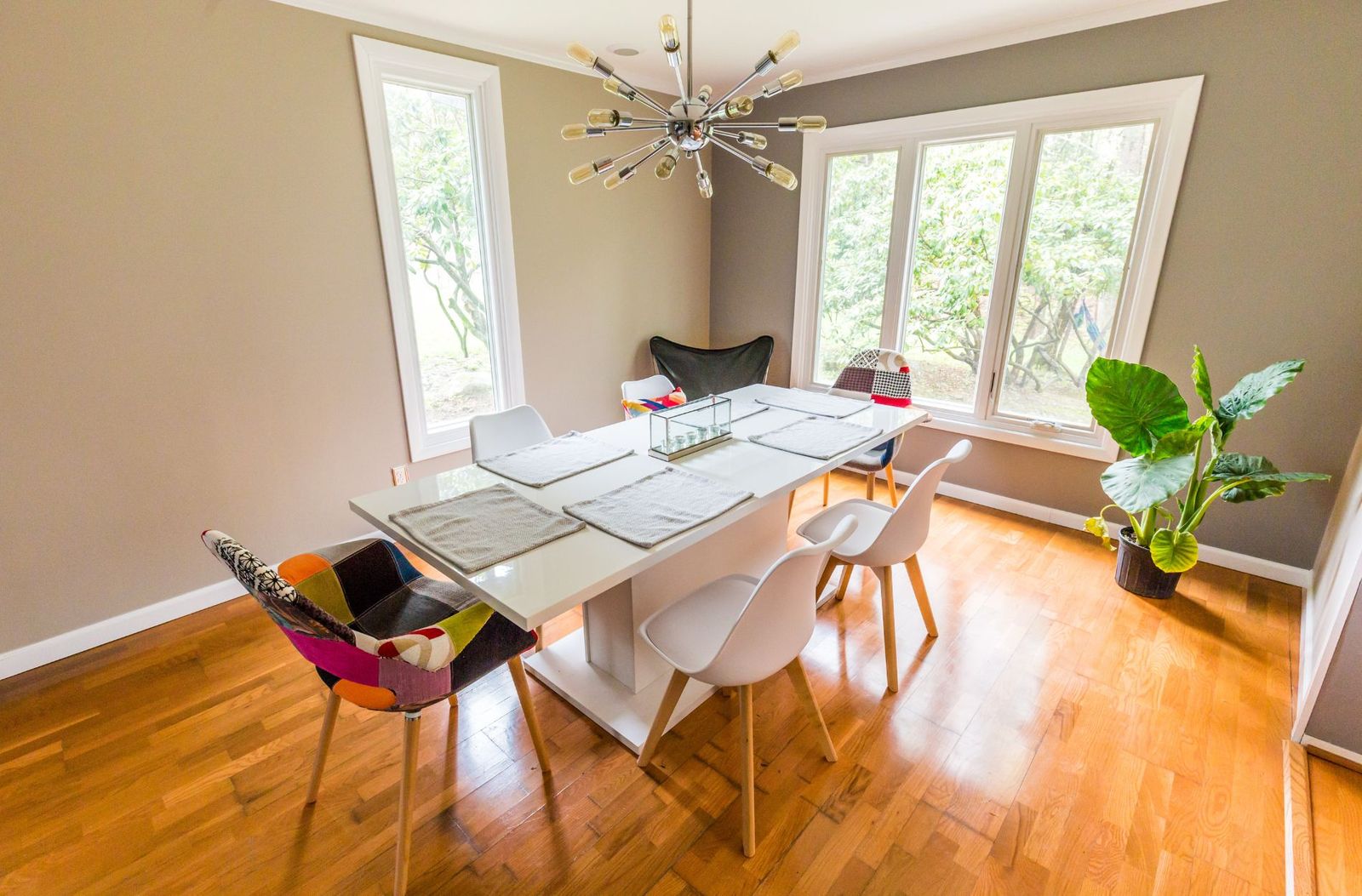
Ensuring Legal Compliance in Miami Airbnb Properties
Managing an Airbnb in Miami requires more than just creating a welcoming space. To operate smoothly, it’s essential to comply with local laws and regulations. Miami’s vibrant atmosphere makes it an attractive destination for travelers, but it also means navigating a complex web of zoning laws, permits, and safety standards. Overlooking these crucial aspects can lead to hefty fines and even force property closures.
Miami has specific rules that govern where short-term rentals are allowed and what permits are needed to operate legally. Knowing where your property fits in terms of zoning and having the right licenses is paramount. The city updates regulations regularly, making it important for Airbnb hosts to stay informed to avoid any compliance issues.
Furthermore, maintaining high safety standards not only helps to meet legal requirements but also ensures that guests have a pleasant and safe stay. Property managers and owners must regularly inspect and maintain their properties to meet these standards. By being proactive and informed, Airbnb hosts can enjoy the benefits of operating in Miami while ensuring all legal bases are covered.
Navigating STR Zoning Laws in Miami
Understanding the zoning laws for short-term rentals (STR) in Miami is essential for any Airbnb host. Miami has specific rules that determine where short-term rentals are allowed. These regulations help maintain neighborhood integrity, reduce noise complaints, and manage the flow of tourists. Zoning laws often categorize areas based on their use, such as residential or commercial, and each category has different rules for STRs.
To find out if your property is in a permitted zone, you’ll need to check local zoning maps. These maps provide detailed information on which areas allow Airbnb operations and under what conditions. Properties in tourist-friendly districts have fewer restrictions compared to those in purely residential areas. Misunderstanding these zoning details can lead to violations and costly fines, making it crucial for hosts to get it right from the start.
Zoning compliance is important for legal and financial reasons. Complying with zoning laws not only protects your Airbnb from fines but also ensures a peaceful coexistence with neighbors. Being compliant shows respect for the local laws and helps maintain Miami’s vibrant tourism industry while contributing positively to the community.
Obtaining Essential Permits and Licenses
Getting the right permits and licenses for your Airbnb in Miami is another critical step. This process ensures your rental meets local requirements and operates legally. First, you’ll need to gather details about your property and its intended use. Most importantly, check Miami’s specific regulations, as they can differ from other regions.
Here’s a step-by-step guide to obtaining the necessary permits:
- Research Requirements: Understand what permits are needed based on your location and property type.
- Gather Documentation: Prepare documents like proof of ownership, insurance details, and zoning compliance confirmation.
- Apply for a Business License: Submit an application to the local authority. This often involves a fee.
- Register with the State: Once you have local approval, register your business with the state of Florida.
- Await Approval: After submitting all documents, the review process can take a few weeks.
The registration process involves several steps, including verifying your property’s compliance with safety standards and ensuring your tax obligations are clear. Challenges often arise from incomplete applications, lack of understanding of local laws, or failing to meet specific criteria. It’s essential to be thorough and patient during this process to avoid delays or rejection. By securing the correct permits and licenses, you ensure the smooth operation of your Airbnb, meeting all legal standards required by Miami.
Staying Updated with Local Legislation Changes
Keeping up with changes in local legislation is vital for Miami Airbnb hosts. Laws governing short-term rentals can change frequently, affecting where and how you can operate. Therefore, monitoring legislative updates helps ensure your rental remains compliant and avoids potential fines or legal issues.
To stay informed, it’s smart to use a mix of resources. Sign up for alerts from local government websites focusing on housing and tourism regulations. Join local real estate and property management forums online, where members often share insights and news updates. Subscribing to newsletters from reputable industry sources is another great way to stay in the loop.
Changes in laws can significantly impact your Airbnb operations. New restrictions might limit the number of guests you can host or impose stricter safety standards. Responding quickly to these changes is crucial for maintaining a seamless and legal operation. By staying proactive and knowledgeable, you can adapt your strategies as necessary, ensuring that your Airbnb remains a successful and compliant property in Miami.
Ensuring Property Compliance and Safety Standards
Meeting property compliance and safety standards is key to running a successful Airbnb in Miami. Guests want a safe and reliable space to enjoy, and hosts need to fulfill legal obligations. This means adhering to crucial safety measures and maintaining your property to high standards.
Safety standards for Airbnb properties often include features like functional smoke detectors, secure locks, and clear emergency exits. Regular inspections help ensure these elements are in place and working properly. Conducting thorough maintenance checks can prevent accidents and keep your property in top condition. Make a checklist that includes:
- Testing smoke and carbon monoxide detectors
- Checking for water or gas leaks
- Ensuring doors and windows lock securely
- Confirming all appliances function correctly
Preparing for compliance audits is another important task. These audits ensure your property meets all necessary legal standards. Keeping detailed records of maintenance activities, safety checks, and any changes made to your property will help during an audit. It’s always better to prepare in advance rather than scrambling at the last minute.
Conclusion:
Maintaining legal compliance for Airbnb properties in Miami involves understanding zoning laws, securing necessary permits, staying updated on legislative changes, and meeting safety standards. Each of these steps ensures that your rental operates smoothly and legally. As a host, proactively managing these aspects reduces risks and enhances the guest experience, leading to satisfied visitors and positive reviews.
For Airbnb hosts looking to streamline compliance and management tasks, Tangy Management offers expert Airbnb property management services tailored to Miami properties. Our team focuses on ensuring that your rental not only meets all legal requirements but also stands out as a top choice for travelers. Let us handle the complexities of property management, while you enjoy the benefits of a well-managed and profitable Airbnb. Contact us today to learn how Tangy Management can elevate your rental experience.



